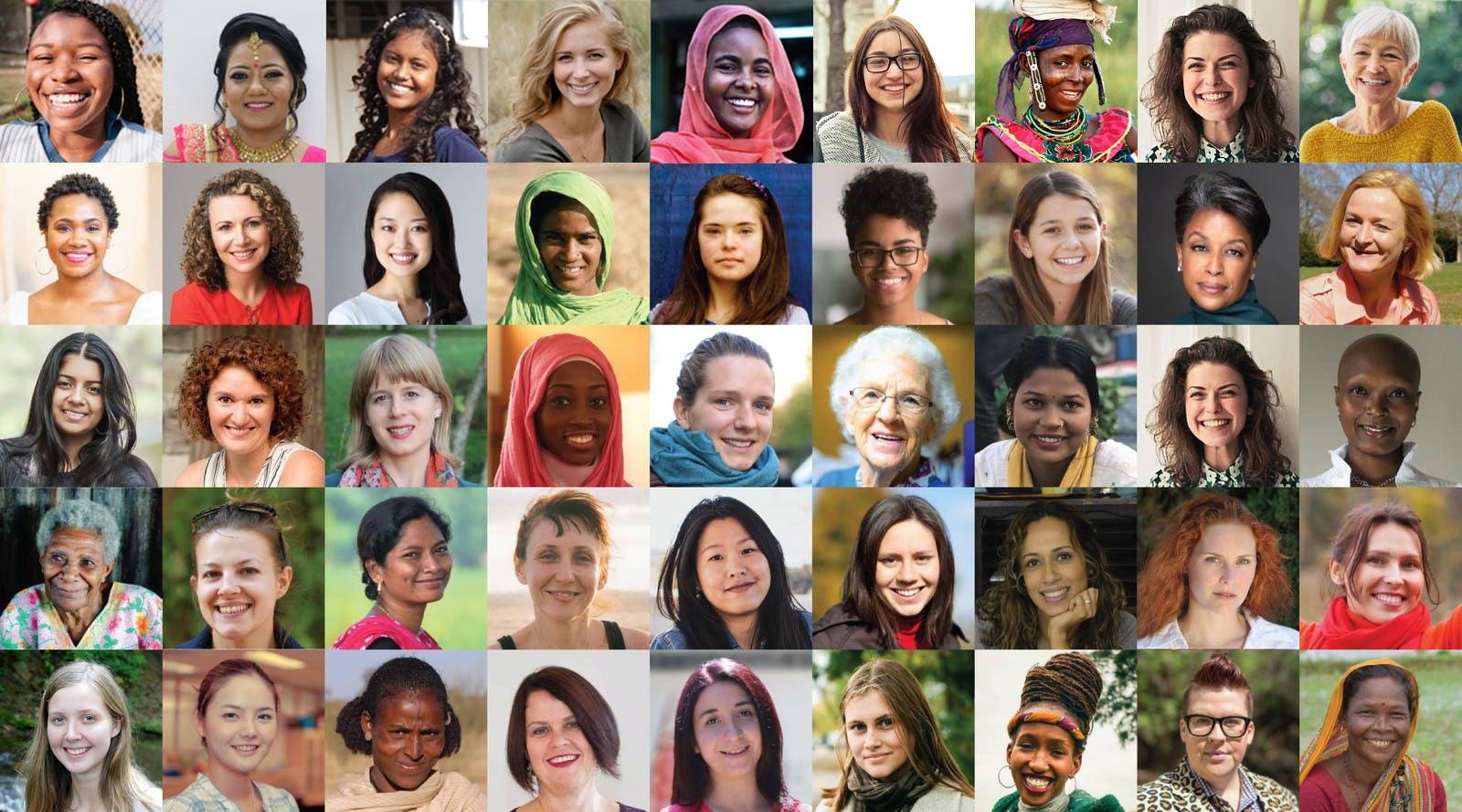Regenerating Wild Food Species to Create Sustainable Food Systems in Eastern Africa
| Category | Regenerate |
In Africa's rural areas, poverty goes hand in hand with malnutrition. When grain storage runs low before the next harvest, kids go to bed with stomachs growling. Yet, even when the granary is full, they still can suffer as a steady diet of maize porridge lacks a variety of nutrition.
In 2010, the World Agroforestry Centre started a program for women who had recently completed their doctoral studies and wanted to conduct further research. It has so far benefited 23 female post-doctoral researchers from 12 countries, nine of which are in the Global South.
One of these is Dr. Alice Karanja from Nairobi, Kenya. Dr. Karanja obtained her Ph.D. in Sustainability Science from the University of Tokyo, Japan. She holds a Masters in Science degree from the Asian Institute of Technology, Thailand, and a Bachelor of Science degree from Moi University, Kenya.
Dr. Karanja's research focuses on sustainable food systems in complex socio-ecological set-ups. With funding, she aims to study how so-called food tree portfolios can help in Zambia.
It is known that the conservation of natural ecosystems and the restoration of diverse agricultural landscapes based on regenerative agriculture delivers biodiverse, inclusive, safe, and resilient food systems. But it also is one of the best tools to defeat various forms of malnutrition effectively.
In East Africa, Dr. Karanja has shown that designing and deploying farming portfolios and combining trees that supply edible fruits, like nuts with vegetables, pulses, and staple crops effectively addresses seasonal harvest gaps and nutrient deficits in local food systems.
Working with colleagues in Nutriscapes Transformative Partnerships Platform, Dr. Karanja plans to pilot food tree portfolios under different Zambian contexts. This will help smallholder families in Zambia have year-round access to nutritious foods, diversify their incomes, and boost their resilience to increased prices and climate change.
Support will help the team understand how local food environments and sociocultural contexts across rural-urban landscapes influence food choices, including neglected, underutilized, and wild food species. This precious information will help some of the most neglected populations on earth.
Support women-led projects regenerating the Earth

.jpg?auto=compress%2Cformat)

